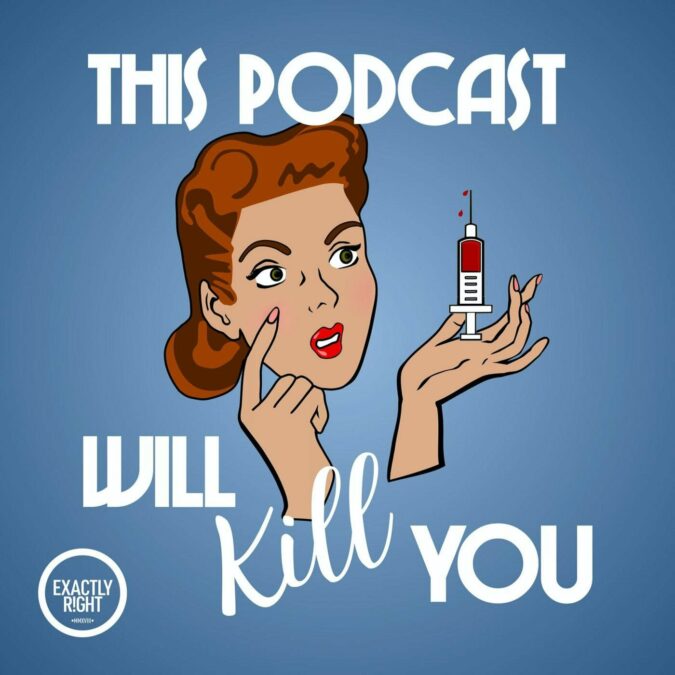We’re over a year into the COVID-19 pandemic, and our understanding of this virus and the disease it causes has grown immensely. And while we’ve learned so much about the spectrum of disease severity, the wide array of symptoms, and the effectiveness of various treatments, there is still so much we are discovering about this illness. In this installment of our Anatomy of a Pandemic series covering the COVID-19 pandemic, we review what we currently know about the disease caused by the SARS-CoV-2 virus as well as emerging questions such as what exactly is long COVID or how well do vaccines work against the new variants? To take us through this massive topic, we enlisted the help of two experts, Dr. Krutika Kuppalli (@KrutikaKuppalli), infectious diseases physician and assistant professor at the Medical University of South Carolina (also featured in Ch. 3: Control of this series), and Dr. Jason Kindrachuk (@KindrachukJason), assistant professor and Canada research chair in molecular pathogenesis and emerging viruses at the University of Manitoba (interview recorded March 16, 2021). As always, we wrap up the episode by discussing the top five things we learned from our experts. To help you get a better idea of the topics covered in this episode, we’ve listed the questions below:
- How much does the infectious dose, or the amount of virus a person is exposed to, play a role in whether they will get the disease and/or how severe the disease might be?
- How soon after being exposed does someone become infectious and how does that infectivity change over the course of infection?
- How much does infectiousness or viral shedding vary across disease severity? Are people who are severely infected more contagious than those who are asymptomatic?
- Could you walk us through the spectrum of COVID-19 in terms of symptoms or clinical observations, touching on first asymptomatic, then mild, then moderate or severe cases? What proportion of cases are severe vs mild vs asymptomatic?
- How much do symptoms or the general course of disease vary from person to person? How predictable is this virus?
- Can you talk about some of the lingering effects of infection and how frequently long COVID seems to occur?
- How has our estimate of the case fatality rate changed over this pandemic?
- Can you talk about some of the risk factors that seem to be associated with severe infections? Is there any link between blood type and risk of infection?
- What do we know about pregnancy and infection with COVID-19? Do risks regarding pregnancy vary depending on when during pregnancy someone may be exposed or infected?
- What do we know about the duration or nature of immunity and the risk of reinfection?
- How has treatment for COVID-19 cases changed throughout this pandemic? Are we any better at treating patients with severe cases now than we were eight or so months ago?
- What do we know at this point about the vaccine candidates in terms of their effectiveness against new variants that have emerged? What does it mean if these vaccines are slightly less effective against some variants than others?
- What do the latest studies show about vaccines preventing asymptomatic as well as symptomatic infection?
- What is something you hope to take away from this pandemic, either on a personal level or as a society?








